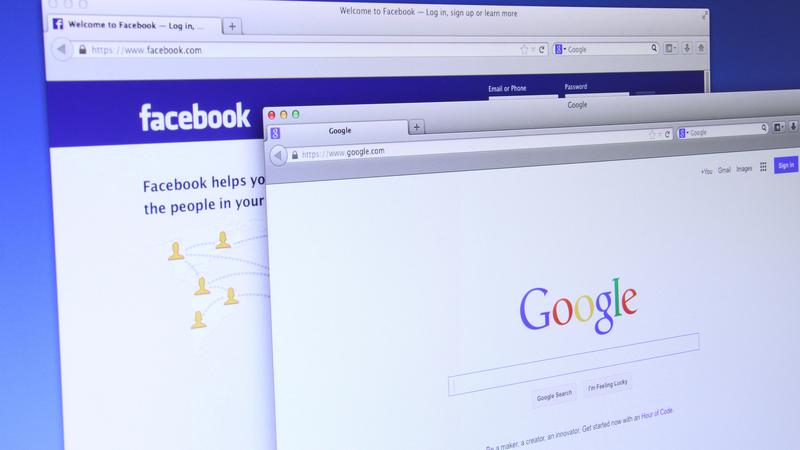
CHARBONNEAU: Facebook’s ham-fisted response to paying for news
WHILE GOOGLE’S RESPONSE to plans by the Australian government to force social media giants to pay for news has been nuanced, Facebook’s response has been provocative.
Facebook announced last Wednesday that it would block news-sharing on its Australian site.
I suppose Facebook hopes to generate outrage from Australians so that the government will change its mind, but it’s not going to work. The social media titans are facing similar moves by governments around the world, including Canada. Australia is the just the latest battleground. Google has reached deals with publishers in Britain, Germany, France, Brazil and Argentina.
News is vital to a functioning democracy and it must be funded. But how? We pay for news one way or another; either with our attention through advertising or by subscriptions. The news that you receive through CFJC Today and Kamloops This Week is paid by advertisers. The Globe and Mail requires a subscription.


